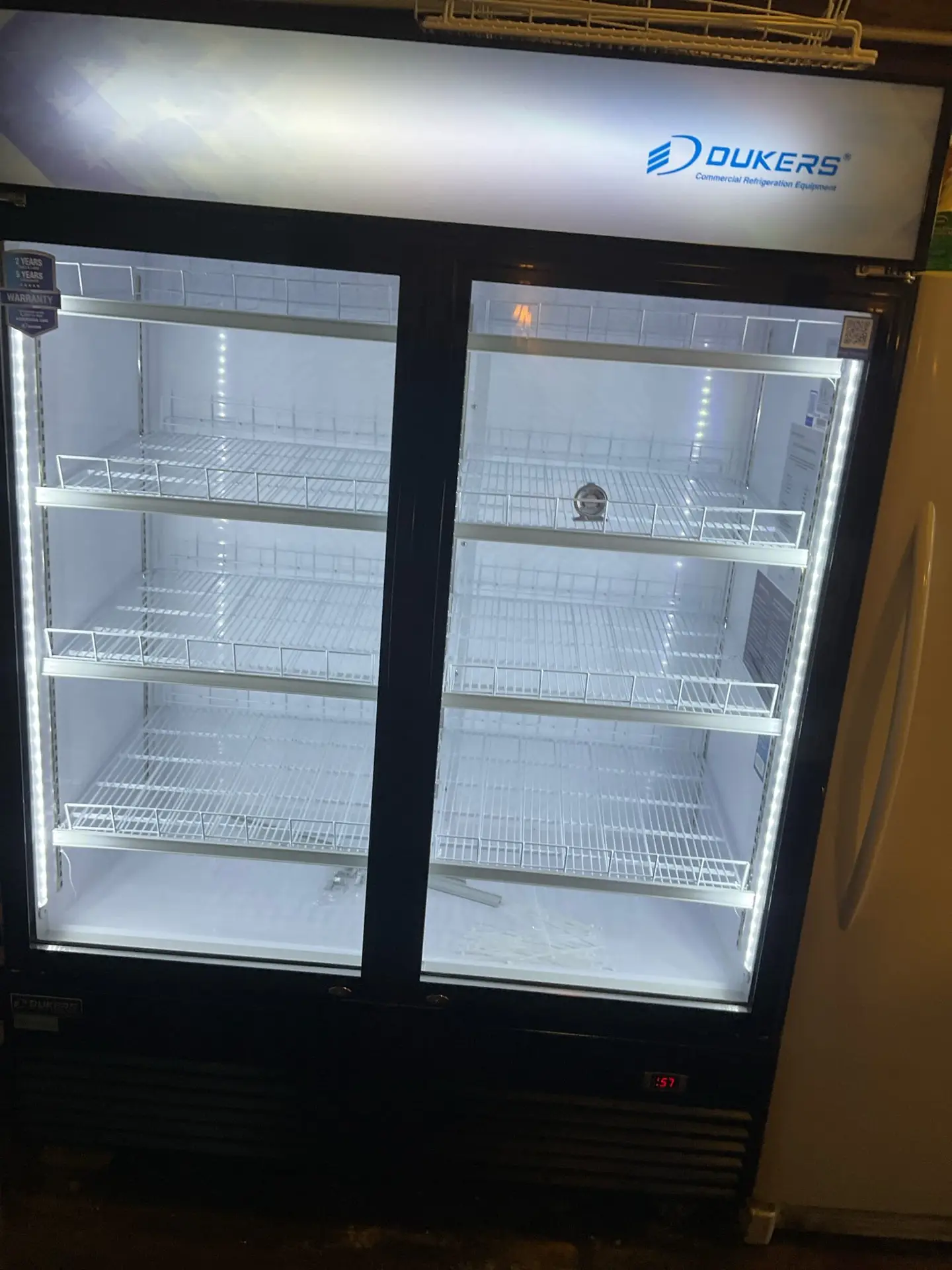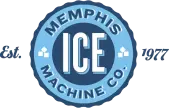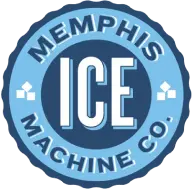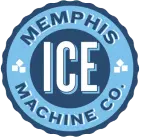proudly serving
the mid-south
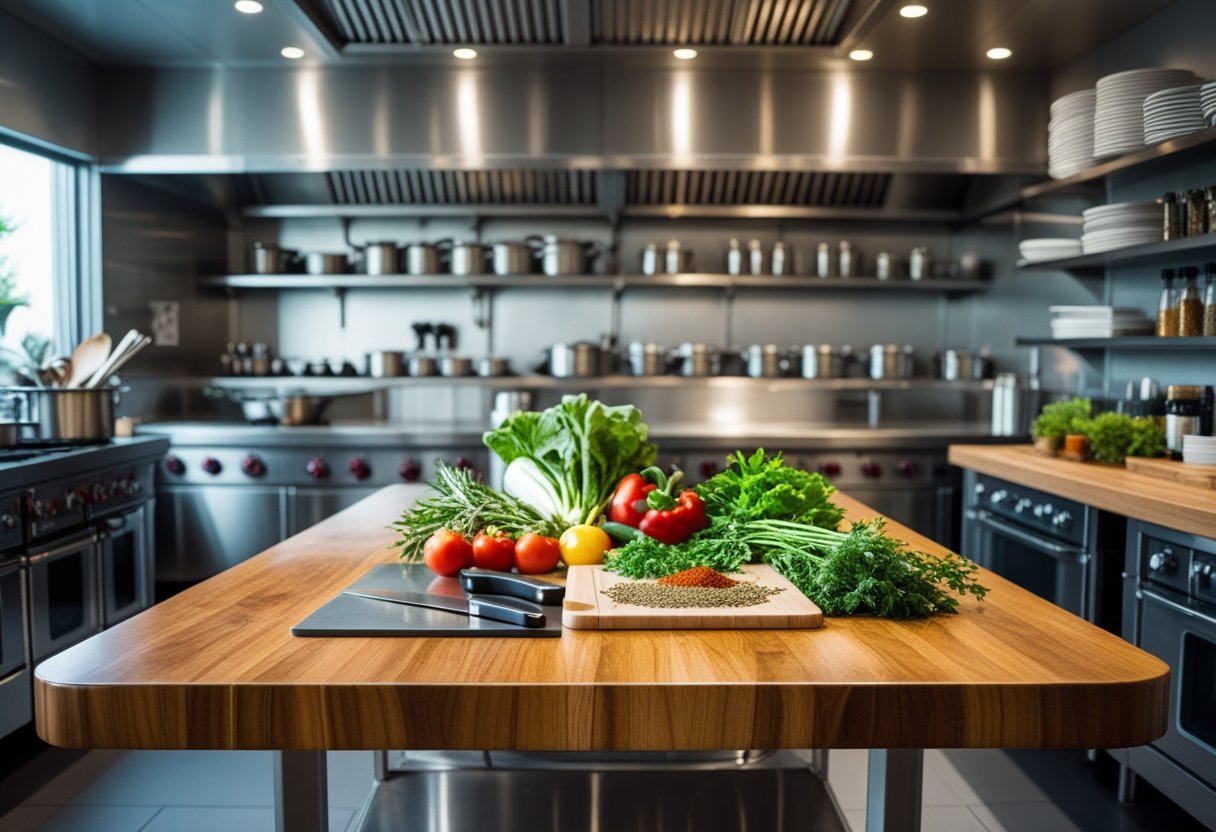
Restaurant Prep Table Service and Repairs for Optimal Kitchen Efficiency
Keeping your restaurant prep table running smoothly is essential for efficient kitchen operations and maintaining food safety. Regular service and timely repairs prevent costly downtime and ensure your prep table stays at peak performance. Whether it’s refrigeration issues, mechanical failures, or routine maintenance, addressing problems quickly helps you avoid disruptions during your busiest hours.
At Memphis Ice, we understand the challenges you face managing a commercial kitchen in the Mid-South. With nearly five decades of experience, we focus on reliable, stress-free service that keeps your equipment working so you can focus on your customers. From diagnosing common prep table issues to providing expert repairs, our team is ready to support your kitchen’s needs.
You don’t have to navigate prep table service alone. Knowing what to watch for and when to call a pro can save you time and money. This guide will help you understand the key aspects of restaurant prep table service and repairs, so your workspace stays dependable every day.
Understanding Restaurant Prep Table Service And Repairs
A restaurant prep table plays a critical role in maintaining smooth kitchen operations. Knowing the different types available and the importance of regular maintenance will help you keep your commercial kitchen equipment functioning at peak levels.
Role Of Prep Tables In Commercial Kitchens
Prep tables act as essential workstations where chefs assemble, chop, and organize ingredients before cooking. They help maintain an efficient workflow by keeping everything within reach and ensuring food safety through proper refrigeration when required.
In fast-paced kitchens, a malfunctioning prep table can cause delays and increase food waste. These tables are often the backbone of your kitchen setup, serving both as a workspace and a cold storage unit when equipped with refrigeration.
Having reliable prep tables can reduce downtime during service hours, allowing your team to focus on meal prep rather than equipment troubleshooting. For expert assistance with repairs or service, Memphis Ice offers support tailored to your commercial kitchen needs.
Types Of Restaurant Prep Tables
There are several types of prep tables designed to fit different kitchen demands:
- Refrigerated prep tables: Keep perishable items chilled during prep.
- Worktop prep tables: Provide a robust surface without refrigeration.
- Combination tables: Offer workspace with built-in refrigerated compartments below.
Materials used often include stainless steel for durability and easy cleaning. Gauge and series of steel can affect strength; for example, type 300 stainless steel is common for heavy-use prep tables.
Choosing the right prep table depends on your kitchen size, menu requirements, and workflow. The goal is to optimize space while offering both convenience and compliance with health standards.
Importance Of Proper Maintenance
Regular maintenance prevents costly breakdowns and food safety risks. For refrigerated prep tables, monitoring temperatures and cleaning gaskets and drains is vital to avoid spoilage and contamination.
Common issues you may encounter include inconsistent cooling, leaking, and motor or thermostat failures. Timely repairs and servicing save money in the long run by extending the life of your equipment.
Scheduling routine inspections, preferably with a trusted local provider like Memphis Ice, ensures your prep tables stay reliable. Proper care not only supports kitchen efficiency but also protects your investment and the quality of the food you serve.
For detailed troubleshooting and repair tips, visiting an expert site on common refrigerated prep table problems can be helpful.
Common Prep Table Issues In Restaurants
In a commercial kitchen, your prep table must maintain precise conditions for food safety and workflow. Problems with cooling, mechanical components, or seals can disrupt operations and lead to food spoilage.
Temperature Control Problems
Temperature fluctuations in your prep table affect food quality and safety. These issues often arise from faulty thermostats or inaccurate temperature sensors. If your unit runs too warm, it risks bacterial growth and violations during inspections.
Inconsistent cooling can also be caused by blocked air vents or poor circulation inside the cabinet. Regular cleaning of vents and ensuring nothing obstructs airflow will help sustain the right temperature.
If you notice your prep table isn’t reaching set temperatures or displays erratic readings, calibration or thermostat replacement might be necessary. Accurate temperature control prevents food waste and keeps your commercial kitchen compliant.
Compressor And Cooling Failures
The compressor is the heart of your prep table’s refrigeration system. When it fails, the unit won’t cool properly. Common symptoms include loud noises, warm interiors, or frequent on/off cycling.
Issues can stem from electrical problems, worn-out parts, or lack of maintenance. Dust buildup around compressor coils reduces efficiency and can cause overheating.
For reliable operation, compressors require routine inspection and cleaning. Ignoring these needs can lead to costly breakdowns. Your prep table’s cooling rate depends on a healthy compressor.
Seal And Door Issues
Damaged or worn door gaskets allow cold air to escape, straining your prep table’s refrigeration system. If seals don’t close tightly, condensation builds up, and energy use increases.
Check the door alignment and gasket condition regularly. Replace cracked or brittle seals promptly to avoid temperature loss and higher electric bills.
A door that doesn’t close well can also introduce contaminants, risking food safety. Proper sealing is critical for maintaining consistent temperatures and hygiene in your commercial kitchen equipment.
For reliable service and repairs, Memphis Ice offers expert support to keep your prep tables performing well at all times. Their experience ensures your equipment stays efficient through every season. Learn more about effective repairs and maintenance at their trusted site for prep table repair solutions.
Preventive Maintenance For Prep Tables
Proper care of your prep table revolves around consistent cleaning, thorough inspections, and keeping drainage and ventilation clear. These steps prevent breakdowns and prolong the lifespan of your equipment, ensuring food safety and operational efficiency in your kitchen.
Cleaning Schedules And Best Practices
Establish a daily cleaning routine for your prep table to remove food debris and spills immediately. Use food-safe sanitizers to wipe down surfaces and avoid corrosion or bacterial buildup.
Pay special attention to seals and gaskets, cleaning them weekly to maintain the refrigeration seal. Avoid abrasive cleaners that can damage stainless steel surfaces.
Implement a weekly deep clean that includes removing pans and trays, cleaning inside compartments, and wiping down underneath the table.
Inspection And Routine Checks
Inspect your prep table regularly for signs of wear or malfunction. Check the thermostat accuracy weekly to ensure proper refrigeration temperatures between 34°F and 40°F.
Look for cracks, loose hinges, or damaged electrical components. Tighten any screws and verify that lighting inside the unit is functioning.
Schedule monthly checks of the compressor and fans for unusual noises or vibration. Early detection helps avoid costly repairs and downtime.
Avoiding Drain And Ventilation Blockages
Clogged drains and vents are common causes of refrigeration failure. Clear any drain lines weekly by flushing with warm water to prevent water pooling.
Keep ventilation grilles free from dust and debris to ensure efficient airflow. Blocked vents cause compressors to work harder, risking overheating.
Check condenser coils monthly and clean them with a soft brush or vacuum. Proper airflow protects your prep table’s cooling system and extends its lifespan.
For tailored prep table maintenance advice in the Mid-South, contact Memphis Ice. Their expert team has supported local kitchens since 1977 and can help keep your equipment running smoothly.
Professional Service And Repair Solutions
When your commercial prep table needs attention, addressing it with skilled service improves equipment reliability and minimizes downtime. Proper evaluation, timely repairs, and knowing when to call professionals ensure your kitchen stays efficient and safe.
Selecting Qualified Technicians
Choosing the right technician affects how quickly and effectively your prep table gets back to working condition. Look for professionals certified in commercial kitchen equipment repair, with experience specifically in refrigeration and prep tables.
Qualified technicians understand the nuances of parts like thermostats, condensers, and refrigeration systems. They use manufacturer-approved tools and parts, reducing the risk of repeat issues.
When partnering with Memphis Ice or similar trusted providers, you benefit from technicians familiar with local codes and operating conditions common in Memphis and the Mid-South. This familiarity leads to faster diagnostics and repairs tailored to your exact equipment model.
Troubleshooting And Diagnostic Steps
Accurate diagnosis prevents unnecessary repairs and costly downtime. The first step involves checking the power supply and controls to ensure the prep table is receiving stable electricity.
Next, evaluate cooling components such as the compressor, condenser coils, and thermostat. Dirty coils or faulty thermostats are common culprits behind temperature issues or water leaks.
Look for signs like inconsistent temperature, door seal failures, or unusual noises. Keeping a checklist during inspection helps identify root causes systematically.
Technicians will often run performance tests and seek error codes when applicable, ensuring precise identification before recommending repairs.
Emergency Repair Protocols
In urgent situations, quick response and clear communication are critical. Your commercial kitchen can’t afford extended downtime, especially during peak hours.
Have a service plan in place with your trusted provider, like Memphis Ice, that includes priority emergency support and on-site technicians ready within a few hours.
During an emergency call, relay exactly what symptoms are occurring—such as water leaks, loss of cooling, or door malfunctions—to help the technician prepare and bring the correct tools and parts.
If repair cannot be immediate, ask about temporary solutions such as ice machine rentals or backup refrigeration options to keep your operation running smoothly.
Enhancing Longevity And Performance
Keeping your prep table in top shape involves more than routine cleaning. Strategic upgrades and system integration play key roles in extending its lifespan and improving efficiency, ultimately supporting smoother kitchen operations and reducing costly downtime.
Upgrading Prep Table Components
Replacing worn or outdated parts can significantly boost your prep table’s performance. Focus on critical components like thermostats, compressors, and condenser coils. New thermostats provide more accurate temperature control, essential for maintaining food safety and optimal freshness.
Regularly inspect and clean condenser coils, or consider upgrading to energy-efficient models. This reduces strain on your unit and cuts energy costs. Replacing seals and gaskets also prevents cold air leaks, preserving refrigeration integrity.
Upgrades don’t stop at mechanics. Enhanced lighting and ergonomic drawer pulls improve usability and reduce staff fatigue. Whether you manage a small sandwich shop or a busy kitchen, thoughtful component upgrades will pay dividends in reliability and energy savings.
Integrating With Other Kitchen Equipment
A prep table works best when connected seamlessly with the rest of your kitchen workflow. Integrate it with refrigeration units, ice machines, and cooking stations to maintain steady ingredient temperatures and improve task flow.
For example, proximity to walk-in coolers or ice machines reduces ingredient transfer times, limiting exposure to room temperature. Synchronizing settings between your prep table and nearby refrigeration helps avoid overcooling or overheating, saving energy and preserving food quality.
Consider digital monitoring systems that track temperature and alert you to malfunctions early. At Memphis Ice, we help you implement these integrations for smoother, stress-free operations across your kitchen equipment, ensuring everything runs reliably during peak hours.
Frequently Asked Questions
Prep tables in restaurants face challenges from frequent use and refrigeration demands. Knowing what issues to expect, how to assess services, and maintain your equipment helps you avoid costly downtime.
What are common issues that require prep table service or repair in restaurants?
Common problems include refrigeration failures, such as inconsistent temperatures or compressor issues. You might also see damaged seals, worn gaskets, or faulty thermostats affecting cooling performance.
Mechanical wear can cause drawers or doors to stop closing properly. Electrical faults and condenser coil blockages also reduce efficiency and need prompt attention.
How can I find reputable commercial kitchen equipment repair services in my area?
Look for companies with a strong local presence and experience servicing commercial refrigeration and prep tables. Checking credentials and asking for references from other food service businesses in the Mid-South can guide your choice.
A provider like Memphis Ice offers decades of regional expertise and full-service support to keep your operations running without interruption.
What should I look for in reviews when choosing a service for restaurant prep table maintenance?
Focus on reviews that mention timely response, effective repairs, and clear communication. Positive feedback about transparent pricing and trained technicians is crucial.
Look for consistency in customer satisfaction, especially for emergency or routine visits. Reliability and follow-up service often reflect a company’s integrity.
When considering used restaurant prep tables, what are the implications for service and repairs?
Used units may come with hidden wear or outdated parts, increasing service frequency. Older models could require hard-to-find components, leading to longer repairs.
Ensure you arrange a thorough inspection before purchase and confirm that service providers near you can support the specific brand and model. Preparation here saves future downtime.
What is the typical response time for emergency repair services on restaurant prep tables?
Emergency repairs generally aim for response within a few hours, especially if refrigeration failure threatens food safety. In busy seasons or remote areas, timing can vary.
Working with trusted local experts ensures faster response. For example, Memphis Ice supports the Mid-South with prompt repairs to minimize disruption.
Are there specific maintenance schedules recommended for commercial kitchen prep tables?
Regular cleaning of condenser coils and checking refrigerant levels every three to six months is advisable. Annual professional inspections help detect wear and prevent breakdowns.
Scheduling routine preventative maintenance reduces emergency repairs and extends equipment life, keeping your kitchen running smoothly.
For more detailed repair and maintenance advice, explore comprehensive guides like those offered at echominds.net and memphisice.com.
Recent News
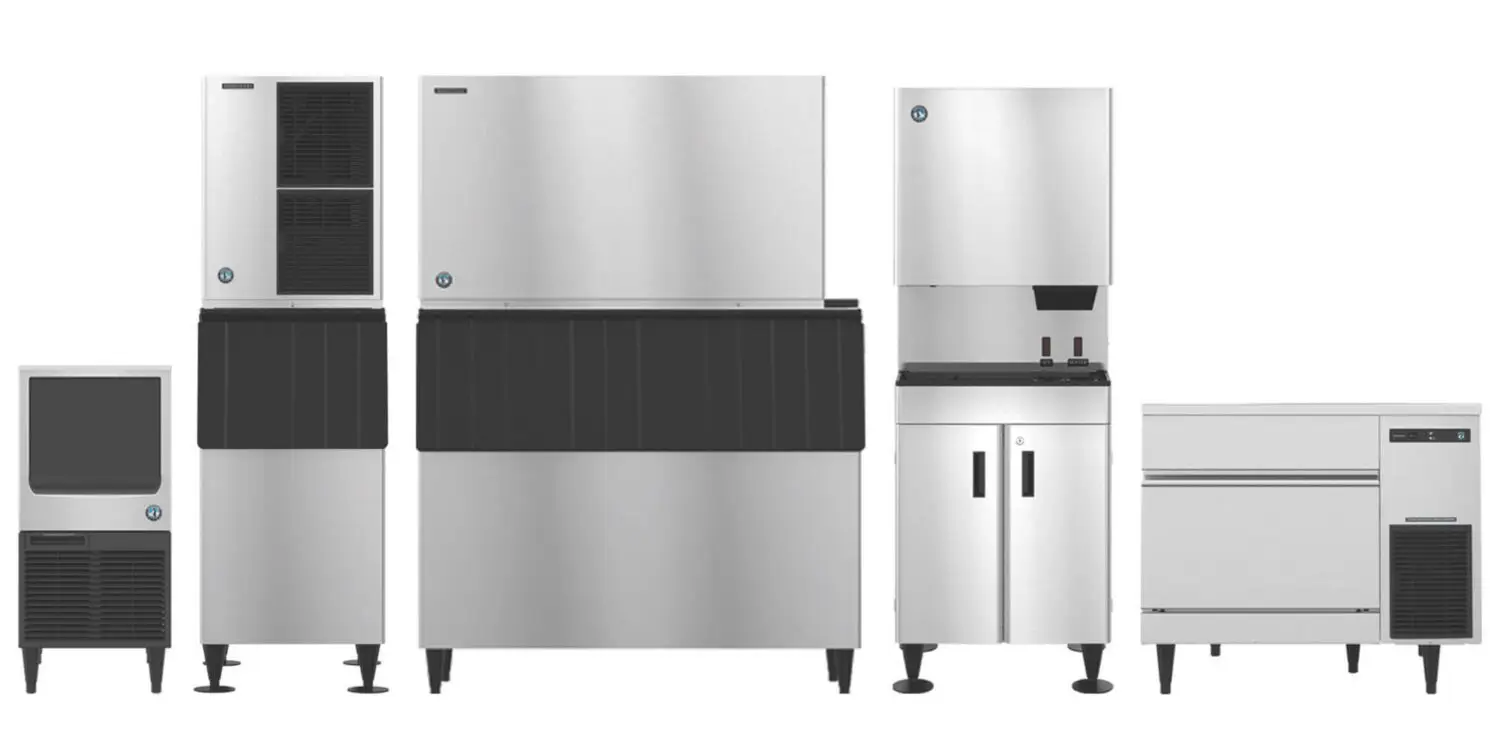
Healthcare Facility Ice Machine Servicing Tips for Reliable Cold Water
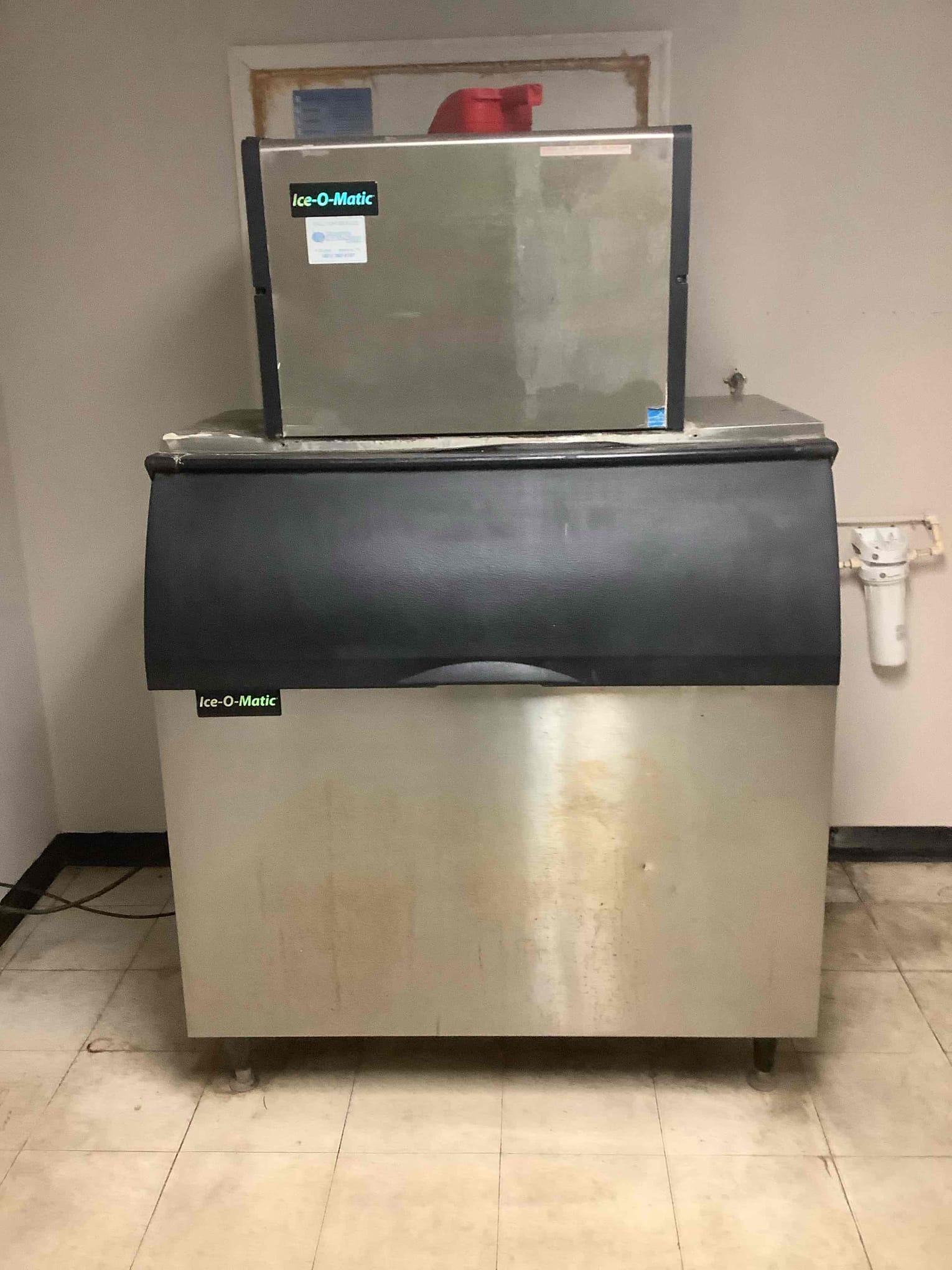
Factors That Impact Commercial Ice Machine Recovery Rate Explained Simply
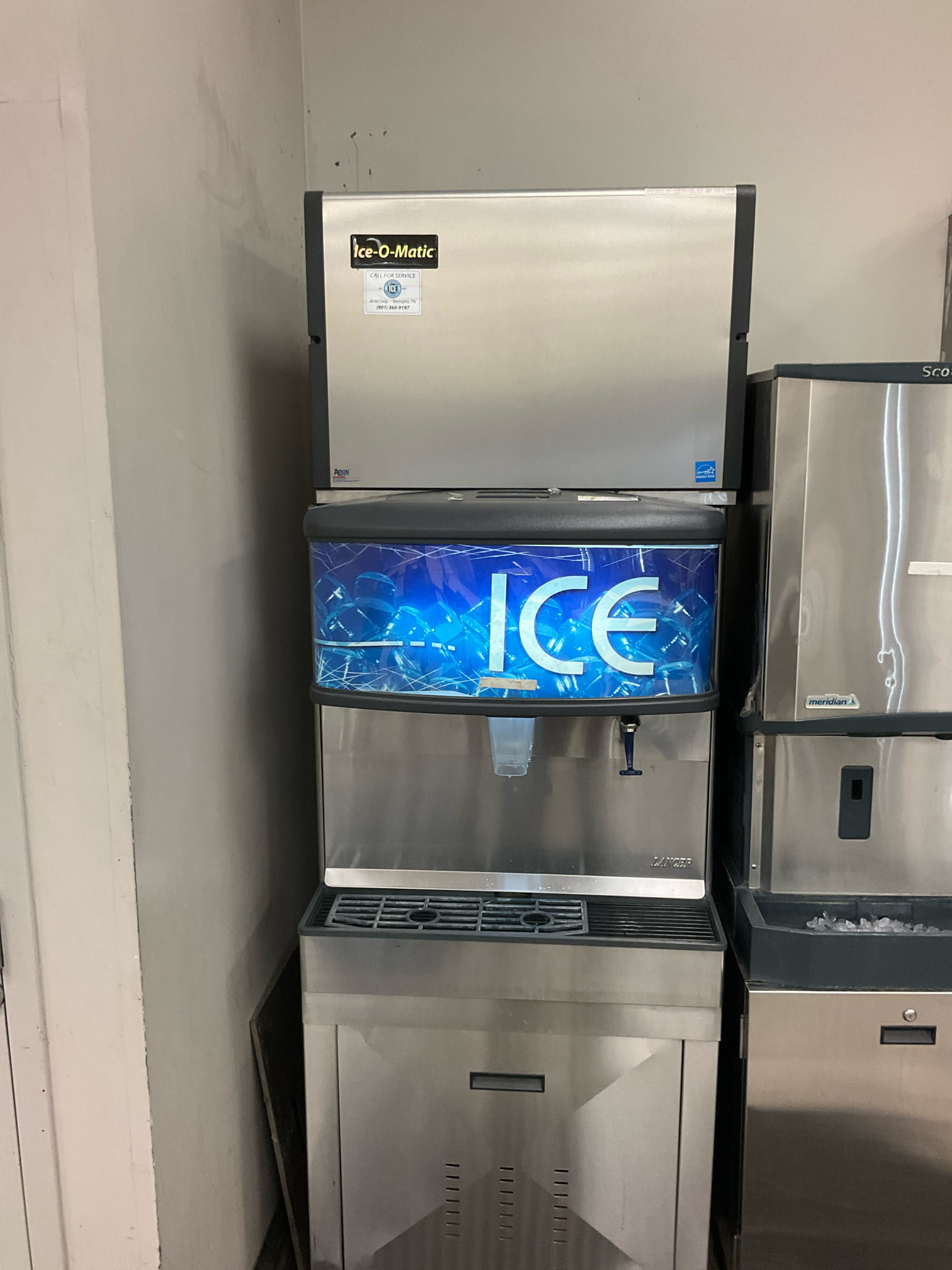
Signs Your Freezer Door Gaskets Need Replacement and How to Spot Them Early
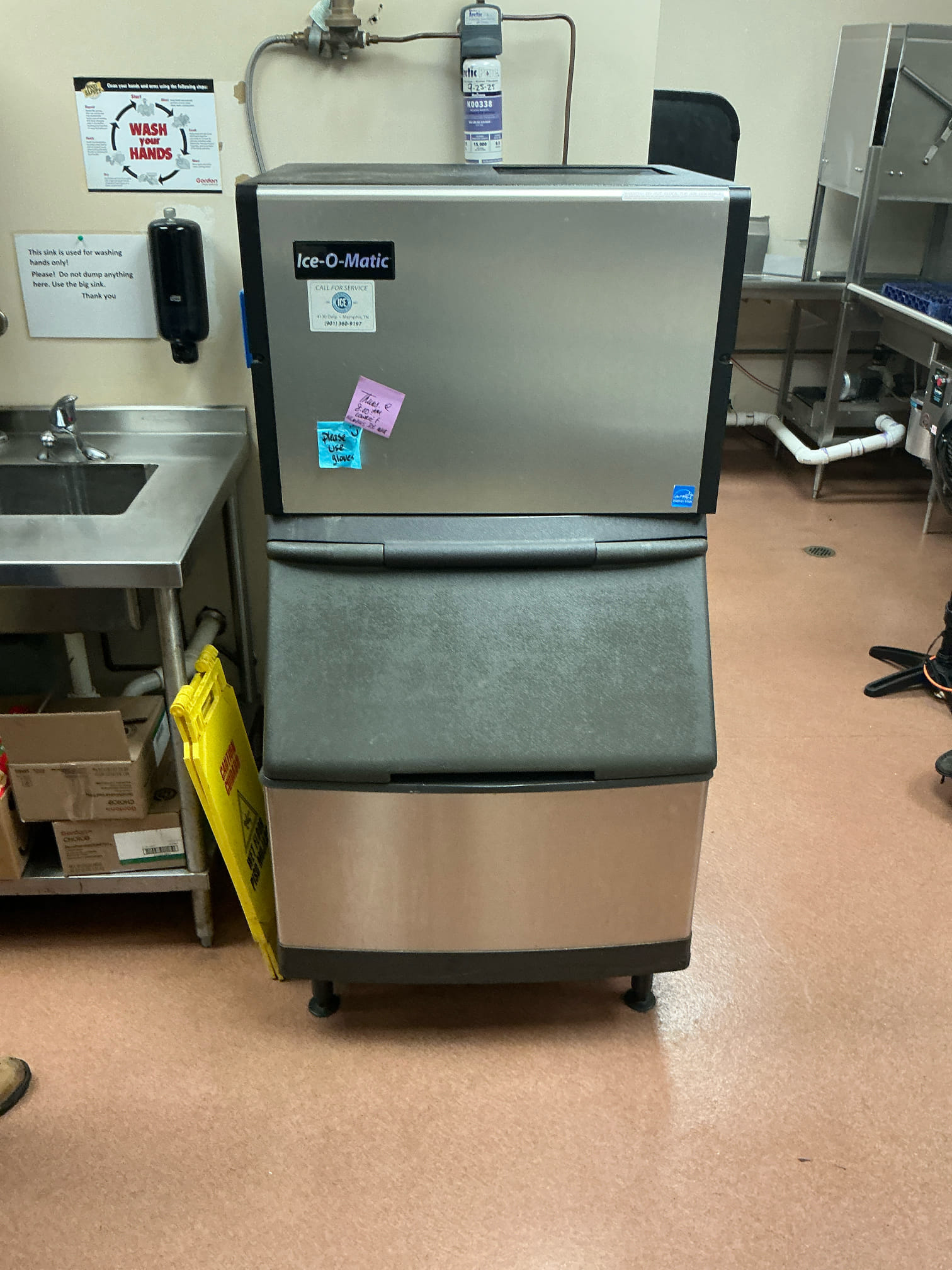
Signs Your Ice Machine Needs Deep Cleaning and How to Spot Them Early
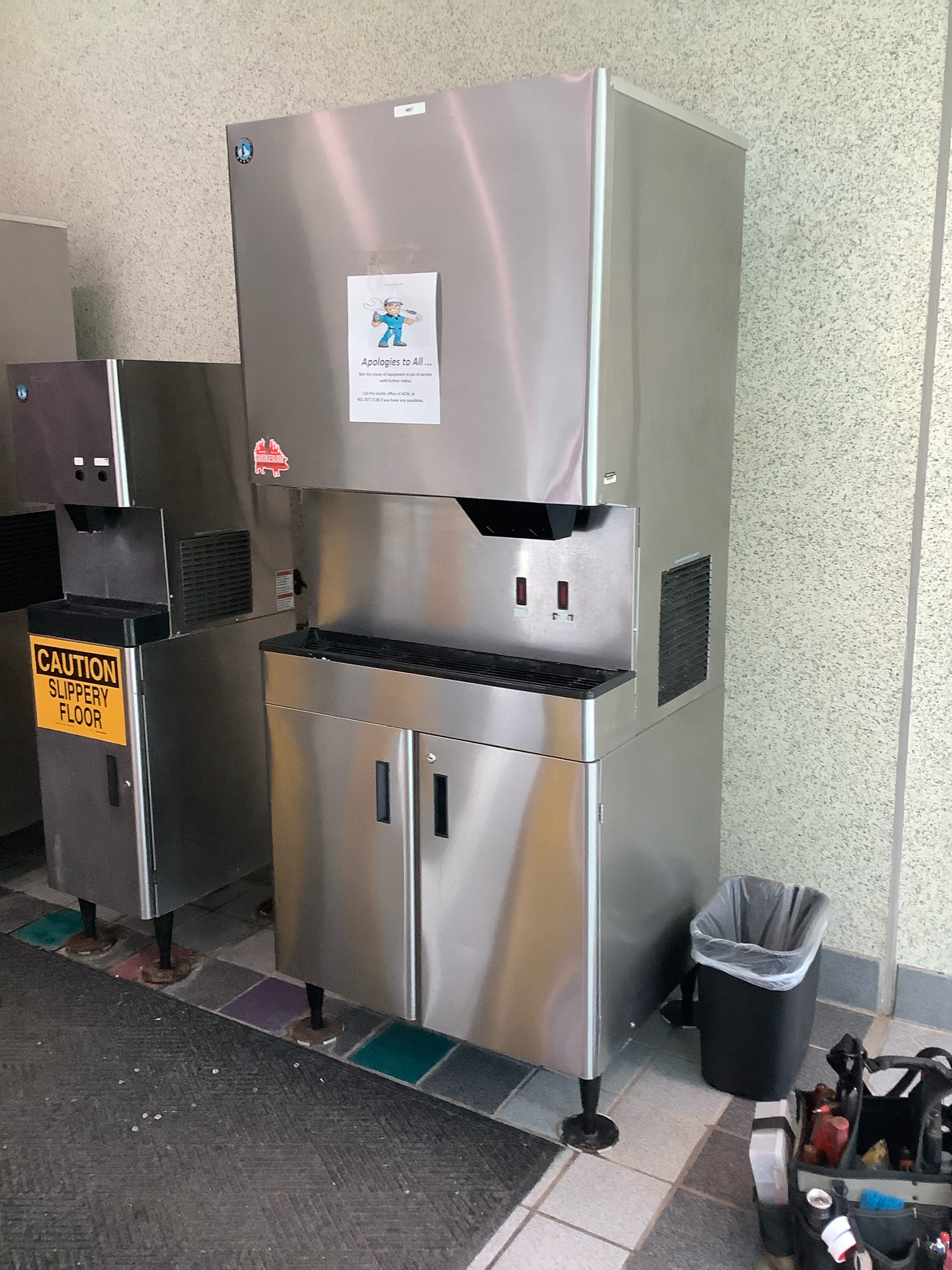
Signs Your Refrigeration System Is Undersized for Your Business and How to Fix It
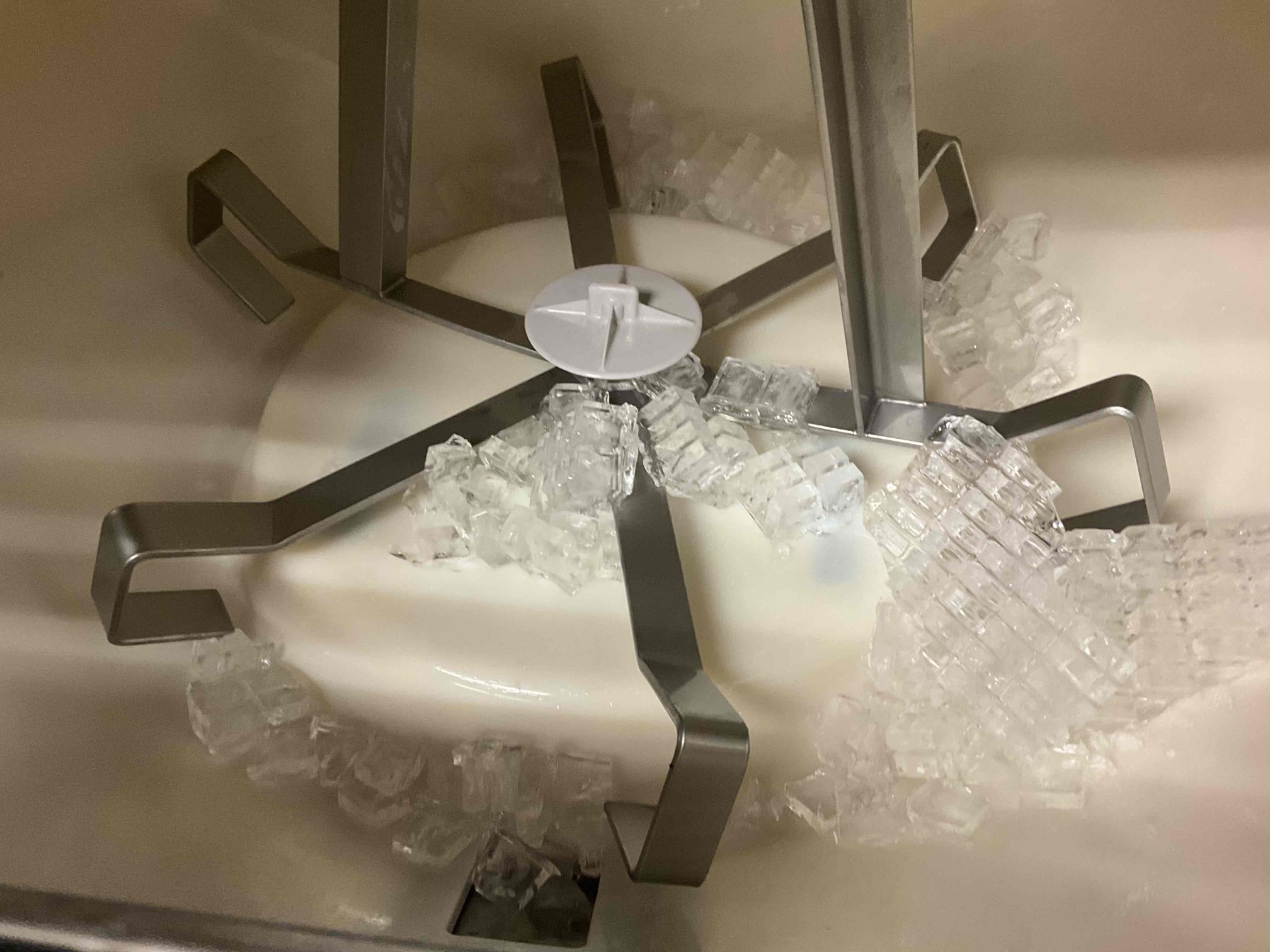
Steps to Ensure Consistent Refrigeration Across Multiple Units for Smooth and Efficient Cooling
